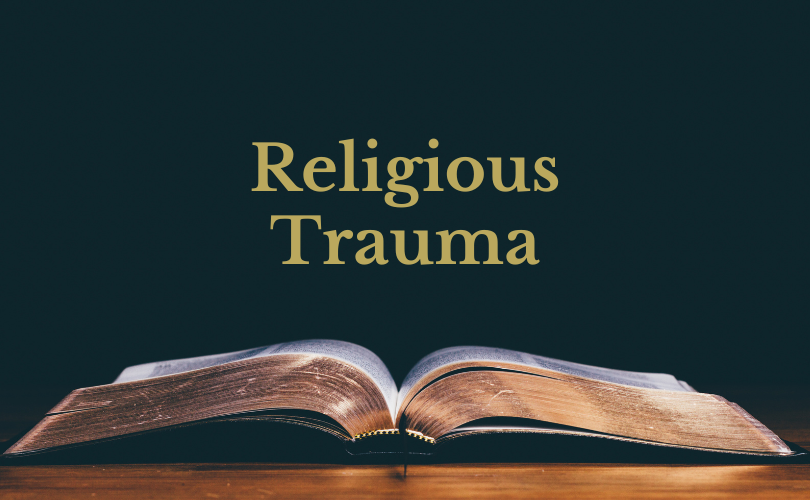Religious trauma is a form of complex trauma that can occur when an individual experiences negative, harmful, or invalidating messages about their sexual orientation or gender identity from a religious context. This can include messages from religious leaders, family members, or peers.
Religious trauma can have a profound impact on an individual’s mental health, physical health, and spiritual well-being. Symptoms of religious trauma can include:
- Depression
- Anxiety
- Low self-esteem
- Shame
- Guilt
- Dissociation
- Substance abuse
- Suicidal thoughts

Religious trauma can result from an event, series of events, relationships, or circumstances within or connected to religious beliefs, practices, or structures. It can be the result of indoctrination messages, coercion, humiliation, embarrassment, and abuse.
Religious trauma syndrome (RTS) occurs when an individual struggles with leaving a religion or a set of beliefs that has led to their indoctrination. It often involves the trauma of breaking away from a controlling environment, lifestyle, or religious figure.
Religious trauma can also make it difficult for individuals to connect with their spirituality or faith. It can lead to feelings of alienation, isolation, and despair.
If you have experienced religious trauma, it is important to know that you are not alone. There are many resources available to help you heal. You can find support groups, therapy, and other resources online and in your community.
The Contemplative Order of Compassion Sanctuary was formed to provide a safe space for Queer-Centric spirituality without religious dogma and primitive ideologies.



